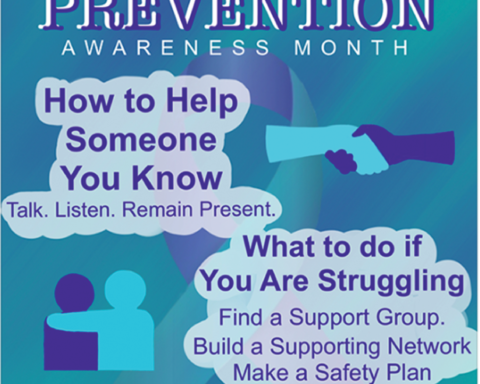By A Bonnie, Advice Columnist
Self-care is a term that has been thrown around frequently in today’s society, especially during times of mask wearing and social distancing. People are always quick to say how important self-care is but not what it means or how it works. Luckily, I have some tips for practicing self-care and what it should look like.
Practicing self-care is important because it maintains a healthy relationship with yourself. It creates positive inner-feelings and can boost confidence and self-esteem.
Sometimes people are too worried about the relationships around them – whether it be with a friend, family member or partner – and ultimately forget to check in with their own inner-self. However, incorporating self-care activities into your everyday routine can lead people towards improved health and wellness, which is especially paramount for college students.
According to everydayhealth.com, “Self-care means taking care of yourself so that you can be healthy, you can be well, you can do your job, you can help and care for others and you can do all the things you need to and want to accomplish in a day.”
Self-care practices can come in all shapes and forms as long as it promotes your physical, emotional, spiritual or mental health. These behaviors can include leisure activities that induce happiness, exercising, incorporating a well-balanced diet into your eating habits or even seeking professional help through the university’s counseling center.
One way to enhance your self-care can be prioritizing sleep.
A healthy amount of sleep, usually ranging around eight hours a night, keeps your immune system running at its best and can help keep stress in check. This inevitably improves your overall mood and keeps you less irritable and more focused; therefore, it revamps your physical and mental health.
Something that many people do not think much about but can be added to a self-care routine is monitoring how much caffeine intake one has per day.
Studies conclude that too much caffeine consumption can lead to a negative affect on your central nervous system, gastrointestinal system and overall sleep quality, which can even increase anxiety and stress.
So, to help your own self-care journey, track your daily caffeine amount to later, again, promote emotional and mental health.
Indulging in self-care books and podcasts can also increase mood and well-being. Even listening to an audio book or podcast while doing chores or on a drive can keep your mind off of the job at hand and into a world of peacefulness and meditation.
Some of the best self-care books to include in your library are: “Daring Greatly: How the Courage to be Vulnerable Transforms the Way We Live, Love, Parent and Lead” by Brené Brown and “Where Your Mind Goes, You Go: A Mental Journey Toward a Healthy Body and a Successful Life,” by Clark Bartman. The books discuss the power of connectedness with yourself and others and helps you empower your fullest potential for self-care.
Some people may be deterred from practicing self-care because they find it hard or deem it too time consuming. It is easy for people to find excuses to start a self-care routine.
Self-care can be seen as a selfish act, but it can be detrimental to your health if you don’t do it. In the end, not working on yourself can lead to unhealthy relationships with the people around you. Sometimes you can’t maintain your own self, if you don’t develop your own regimen to take care of yourself.
Ultimately, creating your own selfcare program can improve your own quality of life. Especially during this pandemic, focusing on yourself is key to maintaining your overall sanity.
bonavent@sbu.edu








